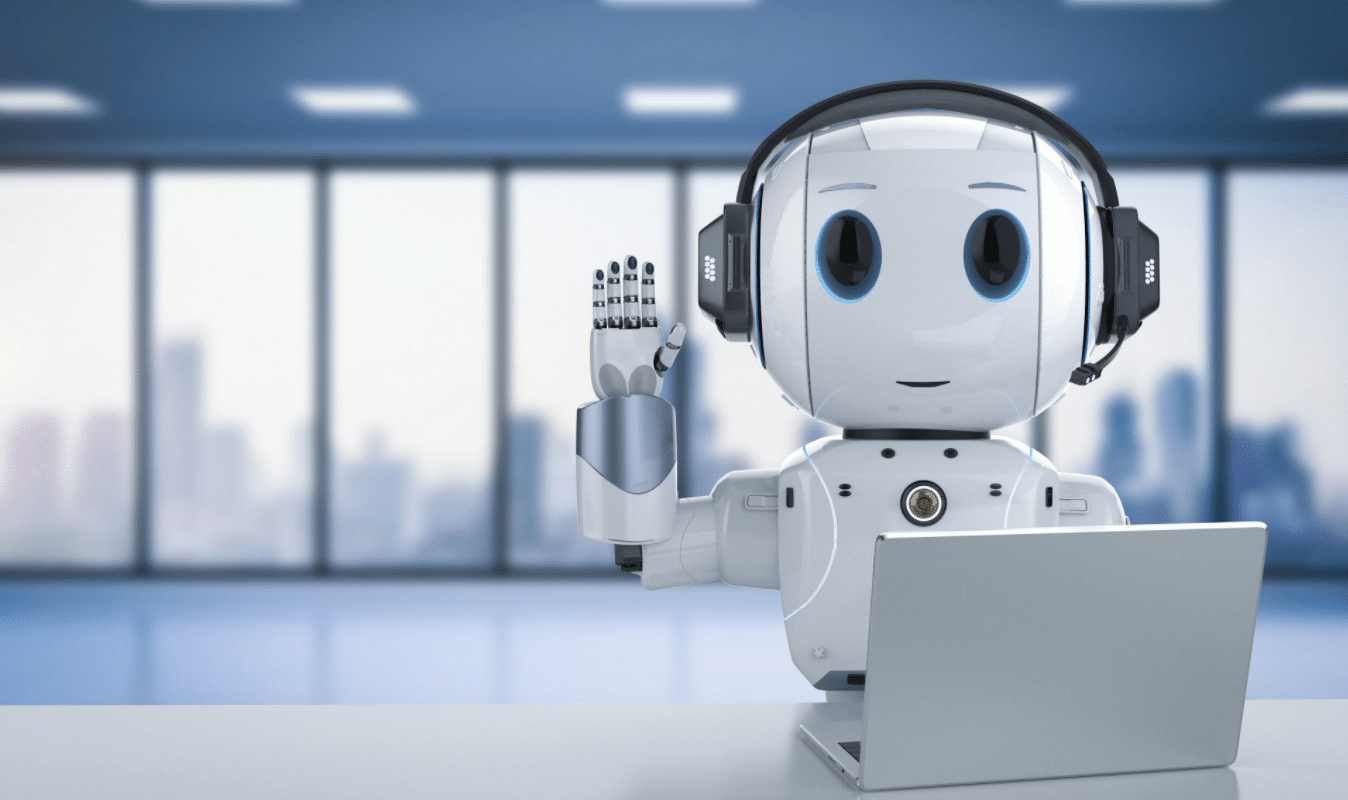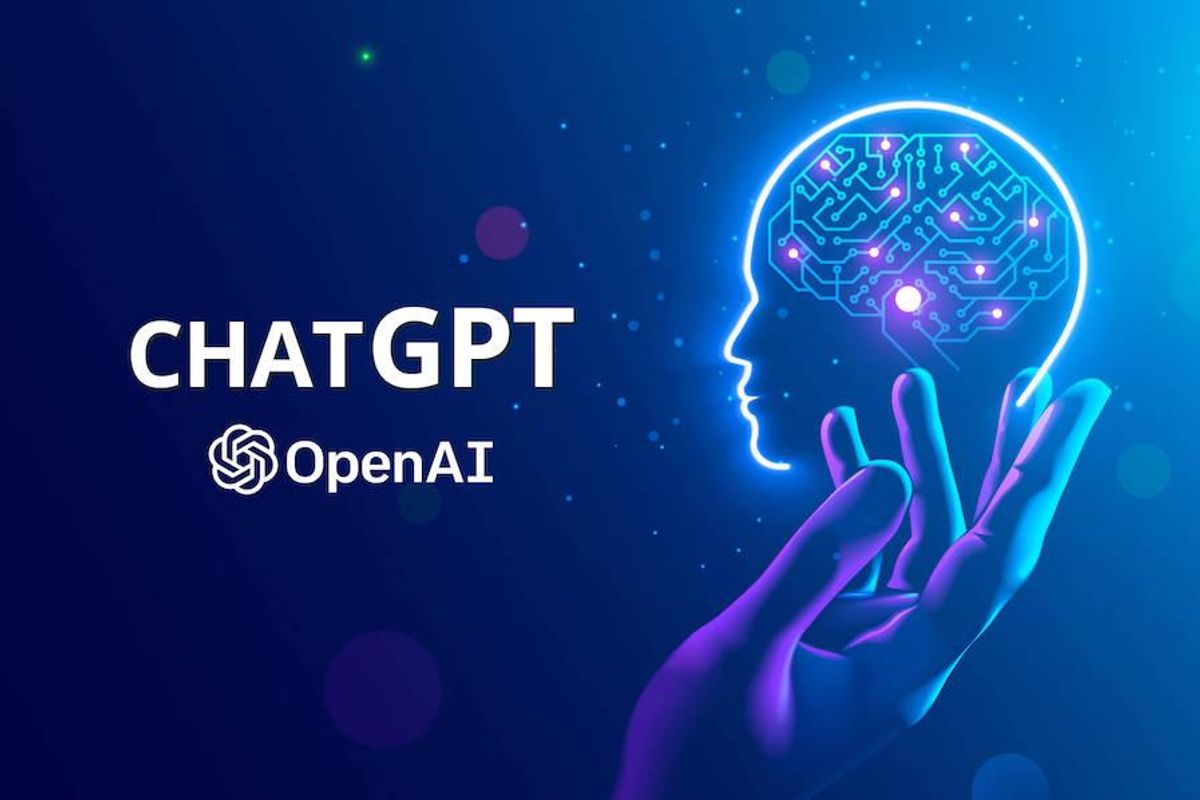Chatbots can be effective in many situations, but their effectiveness depends on the specific use case and the quality of the chatbot's design and implementation.
In general, chatbots can be effective in the following scenarios:
1. Customer service: Chatbots can provide 24/7 support to customers, answering frequently asked questions and resolving common issues.
2. Sales and marketing: Chatbots can engage with website visitors and help guide them through the sales funnel, providing product recommendations and answering questions.
3. Personal assistance: Chatbots can help users perform tasks like scheduling appointments, setting reminders, and ordering products and services.
4. Information retrieval: Chatbots can be used to retrieve information from databases, search engines, and other sources, and provide users with relevant information.
However, for a chatbot to be effective, it must be well-designed and implemented. The chatbot must be able to understand user input, provide relevant responses, and handle complex queries. It must also be able to handle errors gracefully and provide clear and concise instructions to users. The chatbot must also be regularly maintained and updated to ensure that it continues to provide accurate and relevant information.
In summary, chatbots can be effective in many scenarios, but their effectiveness depends on the quality of their design and implementation. A well-designed and implemented chatbot can provide a valuable service to users and help businesses achieve their goals.
Sunday, April 23, 2023
Are Chatbots AI (Artificial Intelligence)?
Chatbots are a type of artificial intelligence (AI) system. They are designed to simulate human conversation and are able to interact with users in natural language. Chatbots use a combination of natural language processing (NLP), machine learning, and other AI technologies to understand user inputs and generate responses that are relevant and appropriate.
The level of AI sophistication in a chatbot can vary, from simple rule-based systems that follow pre-defined scripts to more advanced chatbots that can learn from user interactions and improve their responses over time. Some chatbots also use technologies like computer vision and speech recognition to offer more advanced functionalities.
In summary, chatbots are a type of AI technology that use natural language processing and machine learning to simulate human-like conversation and interact with users.
The level of AI sophistication in a chatbot can vary, from simple rule-based systems that follow pre-defined scripts to more advanced chatbots that can learn from user interactions and improve their responses over time. Some chatbots also use technologies like computer vision and speech recognition to offer more advanced functionalities.
In summary, chatbots are a type of AI technology that use natural language processing and machine learning to simulate human-like conversation and interact with users.
Subscribe to:
Comments (Atom)


